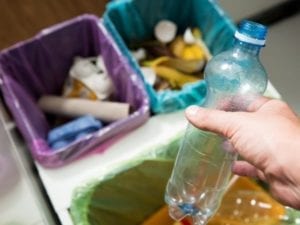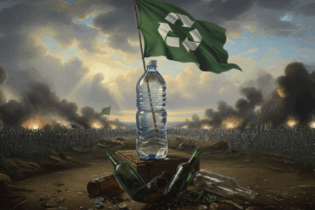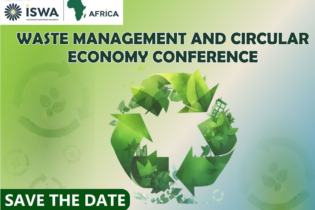Each year, millions of people around the world are encouraged to refuse single-use plastics as part of “Plastic Free July”.
According to the organisers of this campaign, their aim is to see a world without plastic waste. Plastics SA and the global plastics industry say they have been advocating and working towards these goals for the past 25 years. “We are the first to recoil at the sight of plastic garbage littering our beaches or roadsides or waving from branches of trees or shrubs. Our message has always been – and will continue to be – that plastics are too valuable to waste. We have been working relentlessly to raise awareness of the dangers of plastic pollution as part of our drive to see a world without plastic waste,” says Anton Hanekom, Executive Director of Plastics SA. Hanekom stresses that it would be impossible for the 7.5 billion people living on the planet today to live a normal life without plastics – regardless of whether they are conscious of this or not. “Plastic is an integral part of our modern life style. Strong and versatile, plastic exists because we want convenience at a low price. It keeps our food fresh, ensures food safety, gives us tamper proof medications and the list continues. If we were to remove it from our lives, we would have to get rid of almost everything we wear, live in, or work with. “The challenge lies in preventing plastic from ending up in the environment after it has been used, and making sure that it is properly discarded so that it can be recycled into a multitude of different new products.”The plastics industry body does not believe that fighting for the survival of plastics and fighting for the protection of the environment is necessarily at odds with each other.
In fact, they believe that both can flourish and support each other without putting the jobs of more than 60 000 South Africans employed by the plastics industry at risk, posing a danger to marine life or disfiguring our natural environment. “During 2018, South Africa converted more than 1,8 million tons of polymer into plastic products. During the same year, recycled plastic waste tonnages increased by 12.2% – giving South Africa a collection rate of 46.3% and making us a world leader in mechanical recycling. More should be done to reduce the impact of plastics on the environment. We could start by improving waste infrastructure so that more waste is recovered and prevented from entering the environment,” Hanekom says.






